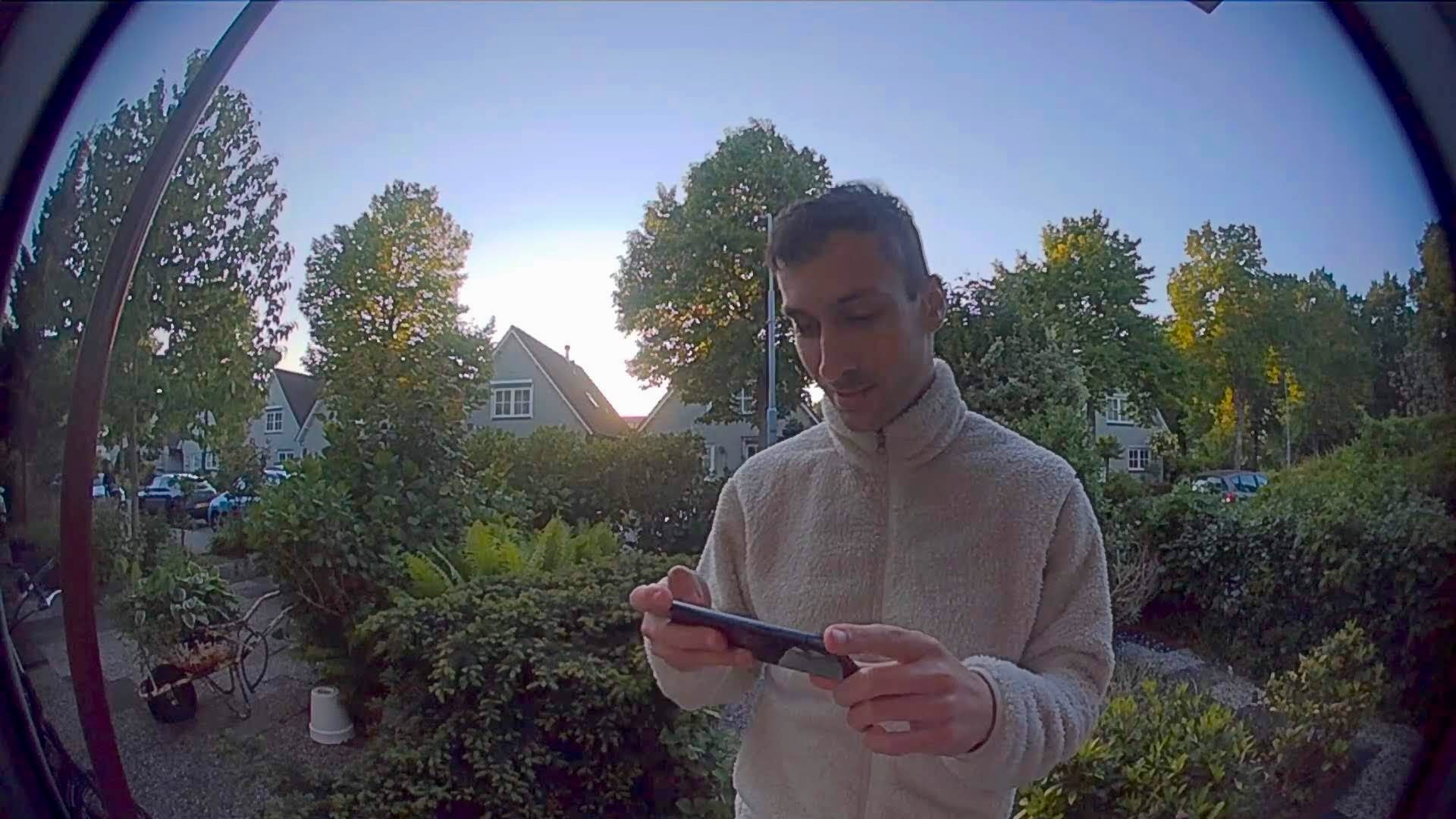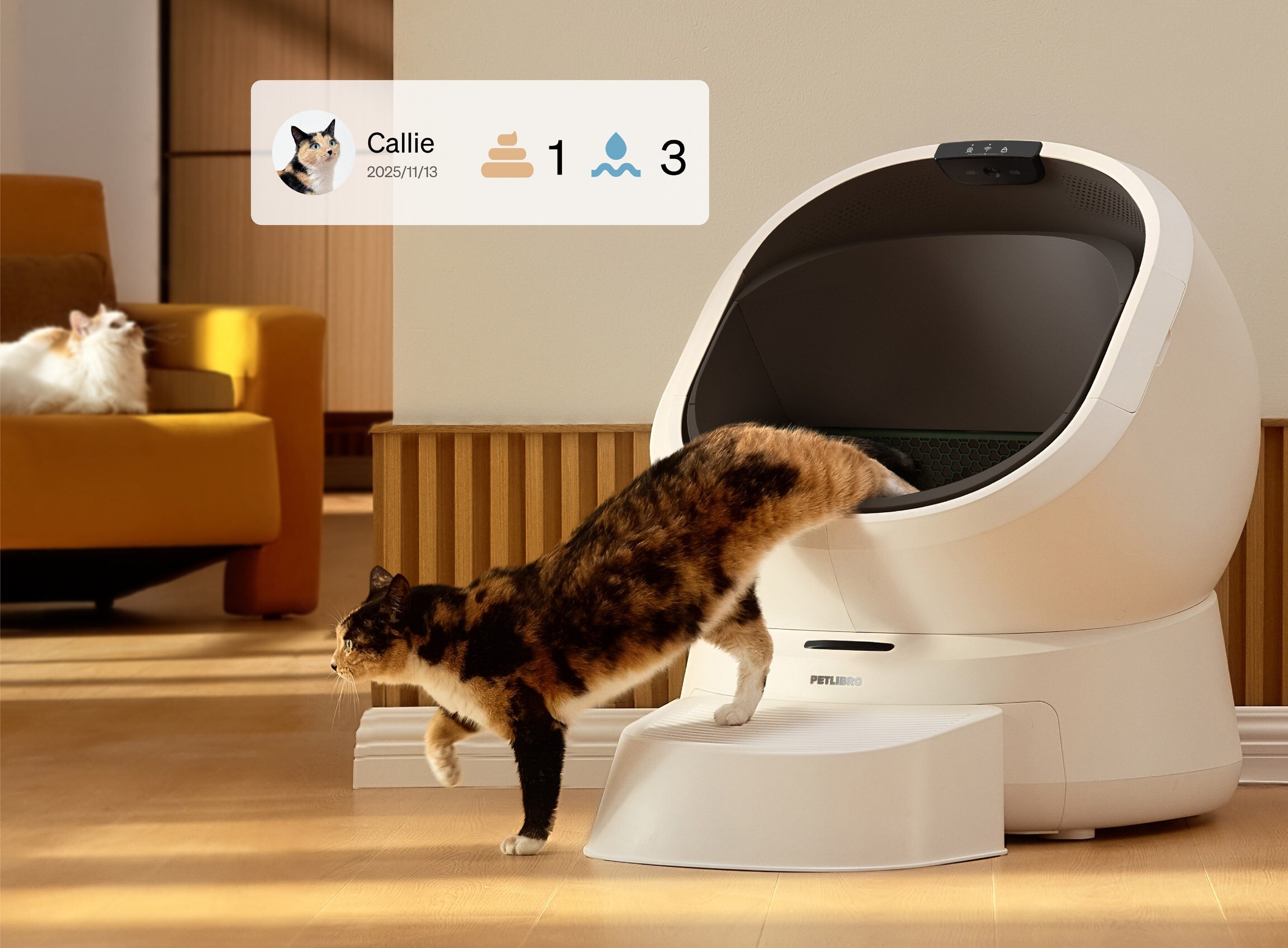Package thieves prowling your porch convinced you to install that Ring doorbell. You wanted security footage and peace of mind. Instead, you’ve unwittingly deployed a data-harvesting device that’s building a detailed behavioral profile of your household—one that insurance companies are increasingly eager to purchase. Your smart doorbell isn’t just watching for deliveries; it’s documenting every aspect of your daily routine in ways that would make your social media algorithms jealous.
Modern doorbell cameras don’t just record video. They capture motion events, timestamps, visitor frequency, activity patterns, and device identifiers that reveal when you leave, how often guests visit, and whether your lifestyle fits an insurer’s risk models. According to Consumer Reports, many models lack basic security protections, making this treasure trove of personal data vulnerable to hackers and unauthorized surveillance. Think of it as a digital diary that writes itself, except everyone from data brokers to insurance adjusters might be reading over your shoulder.
Insurance companies dangle modest discounts—typically 5% to 20% off premiums—for customers willing to share smart home data. But here’s the catch: standalone doorbell cameras rarely qualify for these savings. You need expensive, professionally monitored security systems to see real discounts, according to industry analysis. The math rarely works in your favor, and you’re essentially trading detailed surveillance for pocket change while tech companies profit from your behavioral data.
Consumers are catching on to this surveillance economy faster than companies expected. Policygenius surveys reveal that 65% of Americans refuse to install smart devices that share data with insurers, regardless of potential savings. When facial recognition or video data enters the equation, resistance jumps to 77%. Only 35% would even consider the trade-off, and they’d demand at least 50% premium reductions to justify the privacy sacrifice.
The most troubling revelation? Some manufacturers allowed law enforcement and third-party access to footage without explicit user permission as recently as 2022. Your doorbell camera’s terms of service might grant broader data sharing rights than you realized, turning your security device into an involuntary informant network.
Before installing any smart security device, scrutinize privacy settings, disable unnecessary data sharing, and remember: the best home security shouldn’t require surrendering your privacy as collateral. Your peace of mind shouldn’t come at the cost of turning your front door into a corporate surveillance checkpoint.




























